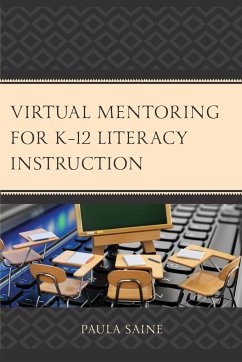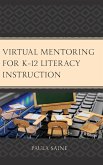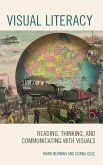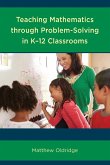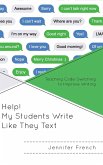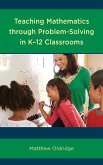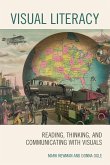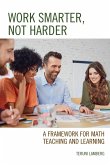There is no research-based text that provides a model for teaching and learning in a virtual environment with literacy learners. Therefore, this book will focus on preparing challenging students to be successful independent learners for the twenty first century. This will involve one where students are constructing their own meaning not only within the traditional brick and mortar environment with the assistant of the classroom teacher, but also in an online environment scaffolded by a virtual tutor. Today, virtual environments are a common alternative space for students in K-12 to engage in meaningful online literacy learning with their tutors (Boxie, 2004; Hurst, 2007; Williams & Casale, 2015; Witte, 2007).
Bitte wählen Sie Ihr Anliegen aus.
Rechnungen
Retourenschein anfordern
Bestellstatus
Storno

